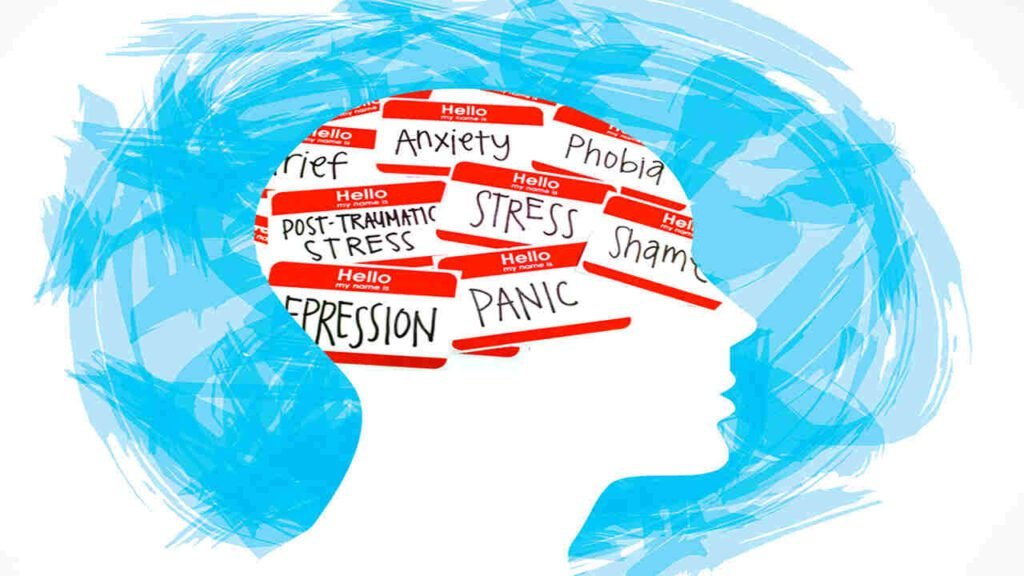Introduction
In today’s fast-paced and demanding world, mental health has become a pressing concern affecting people from all walks of life. The significance of mental health awareness cannot be overstated, as it plays a crucial role in promoting overall well-being and productivity. This article aims to shed light on the importance of mental health awareness, emphasizing its impact on individuals, communities, and businesses. By understanding and addressing mental health challenges, we can create a more supportive and inclusive society.
The Prevalence of Mental Health Issues

Mental health issues have become increasingly prevalent in recent years, affecting millions of people worldwide. Conditions such as anxiety, depression, and stress-related disorders are becoming alarmingly common, impacting individuals’ daily lives and functioning. The stigma surrounding mental health often prevents individuals from seeking help, exacerbating the problem and leading to further complications. Recognizing the magnitude of the issue is the first step toward fostering a culture of mental health awareness.
Enhancing Individual Well-being
Mental health awareness is essential for enhancing individual well-being. When individuals are aware of mental health concerns, they can better recognize signs and symptoms in themselves and others. This knowledge allows for early intervention and access to appropriate support systems. By promoting self-care, stress management techniques, and seeking professional help when needed, individuals can proactively manage their mental health and lead fulfilling lives.
Building Stronger Communities

Mental health awareness plays a pivotal role in building stronger and more resilient communities. By educating the public about mental health, we can foster empathy and understanding, reducing stigma and discrimination. This inclusive environment encourages open conversations about mental health, creating a safe space for individuals to share their experiences and seek support. Communities that prioritize mental health are better equipped to provide resources, services, and programs that address the needs of their members.
Boosting Workplace Productivity
Businesses have also recognized the significance of mental health awareness within the workplace. A mentally healthy workforce is more engaged, productive, and resilient. When employees feel supported and valued, they are more likely to perform at their best. Prioritizing mental health in the workplace involves implementing policies that promote work-life balance, providing access to mental health resources, and fostering a supportive organizational culture. By doing so, businesses can reduce absenteeism, presenteeism, and turnover rates while improving overall employee satisfaction.
The Role of Education and Advocacy

Education and advocacy are crucial components of promoting mental health awareness. Schools, colleges, and universities play a pivotal role in equipping students with knowledge about mental health issues, coping strategies, and available resources. Training programs for teachers and staff can also facilitate early detection and intervention for students facing mental health challenges. Beyond educational institutions, mental health organizations, nonprofits, and government agencies need to work collaboratively to advocate for mental health policies, funding, and access to care.
Utilizing Technology for Mental Health Support
In the digital age, technology has emerged as a powerful tool for promoting mental health awareness and providing support. Mobile applications, online platforms, and virtual therapy sessions have made mental health resources more accessible and convenient. These technological advancements have opened doors for individuals who may have faced barriers in seeking traditional forms of support. Leveraging technology can reach a broader audience and bridge the gap between individuals in need and available mental health services.
Overcoming Barriers to Mental Health Care

Despite the progress made in mental health awareness, significant barriers still exist that hinder individuals from accessing proper care. Limited access to mental health services, high costs, social stigma, and cultural barriers are among the challenges that need to be addressed. By advocating for policy changes, increasing funding for mental health initiatives, and dismantling stigmas, we can create an environment where everyone has equal opportunities for mental health
Conclusion
In conclusion, mental health awareness is of paramount importance for individuals, communities, and businesses alike. By prioritizing mental well-being, we can foster a more compassionate and inclusive society where individuals feel empowered to seek help when needed. Investing in mental health education, support systems, and resources is not only the right thing to do but also a strategic decision for the betterment of individuals and society as a whole. Let us continue working together to raise awareness, reduce stigma, and build a healthier future.
Through education, advocacy, and utilizing technology, we have the power to break down barriers and ensure that mental health resources and support systems are accessible to all. Let us continue to prioritize mental health in our communities, workplaces, and personal lives, fostering an environment where individuals can thrive and flourish
click here: truereviewmagazine.com










